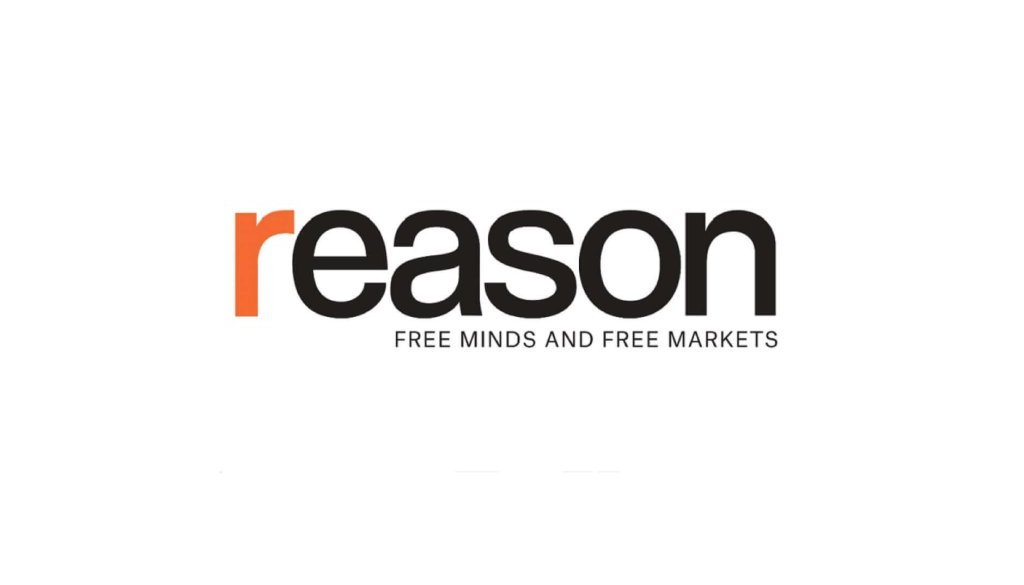Your Tribalism Is Dumb
My father visited me once while I was working for Congress, and I took him to the D.C. Armory to see the marching bands perform. This was a brilliant stroke on my part as a son, as my father loves marching band music. He listens to John Philip Sousa every morning on his way to work, and he unwinds by playing Risk on his computer while listening to the kind of jaunty tunes you’d see in old war propaganda films as the aircraft carrier zips toward Japan. Dad might actually enjoy being invaded by a foreign army, so long as they did it while goose-stepping to a solid drumbeat. (I suspect he dislikes terrorists primarily for their lackluster showmanship.)
At one point, the Army bands split into two sections, then marched to opposite ends of the field. One band played some pithy march, like “We Could Wallop Denmark if We Had To.” Then paused, so the other band could blast out “The National Coast Guard’s Pickleball Fight Song.”
When they alternated back, the stadium instinctively knew what to do: clap for their respective marching band, which had been created and assigned approximately six seconds ago.
When the first band finished its installment of “The Fightin’ 51st Airborne Squirt Gun Squadron,” the north half of the stadium roared with applause, while we in the southern section waited expectantly for our own response. Our band outdid the north section with an upbeat rendition of “Bury My Spleen at Fort Gibson,” and we applauded even louder. (We wanted the north section to know that our band was the superior band, and that we adored them and their brassy musical prowess more than those anemic northerners loved their own middling ensemble.)
I was probably the only person in the entire stadium that day who thought it was the slightest bit curious that we were supposed to cleave into arbitrary groups, then arbitrarily root for an arbitrary team we had just been assigned. No one else seemed to consider the situation odd, because tribalism is so deeply hardwired into us. We instinctively form teams the way beagles sniff for rabbits, or how minotaurs build labyrinths to hibernate in.
Tribalism compels us to belong to a team—to love it, affirm our loyalty to it, help it, and subordinate our own interests to its greater good. We gain a desperately needed sense of almost transcendent belonging when we lose ourselves to these tribal identities.
So far, so good. The urge to team up, coordinate neckties, and sing fight songs is a positive one, springing from the depths of our nature as cooperative, social animals. The pleasant shift from “me” to “us” is an enjoyable and meaningful part of the human experience.
Here’s the problem: We don’t just crave being on a team; we also crave a rival. We want to be in a club and we want a nemesis to motivate us. We desire an external entity to rally against. In American history, particularly when we have a disconcerting nemesis like the Nazis, the Soviets, or a minotaur, we shift our competitive drive to the external threat and get surprisingly chummy with each other. Absent a compelling bad guy to unite against, partisans glance around and say, “Well, I guess I hate you!”
The urge to spar with a competing team is foundational, not circumstantial. That is to say, we are not blissfully lacking in team spirit or the inclination to coalitio
Article from Reason.com

The Reason Magazine website is a go-to destination for libertarians seeking cogent analysis, investigative reporting, and thought-provoking commentary. Championing the principles of individual freedom, limited government, and free markets, the site offers a diverse range of articles, videos, and podcasts that challenge conventional wisdom and advocate for libertarian solutions. Whether you’re interested in politics, culture, or technology, Reason provides a unique lens that prioritizes liberty and rational discourse. It’s an essential resource for those who value critical thinking and nuanced debate in the pursuit of a freer society.



